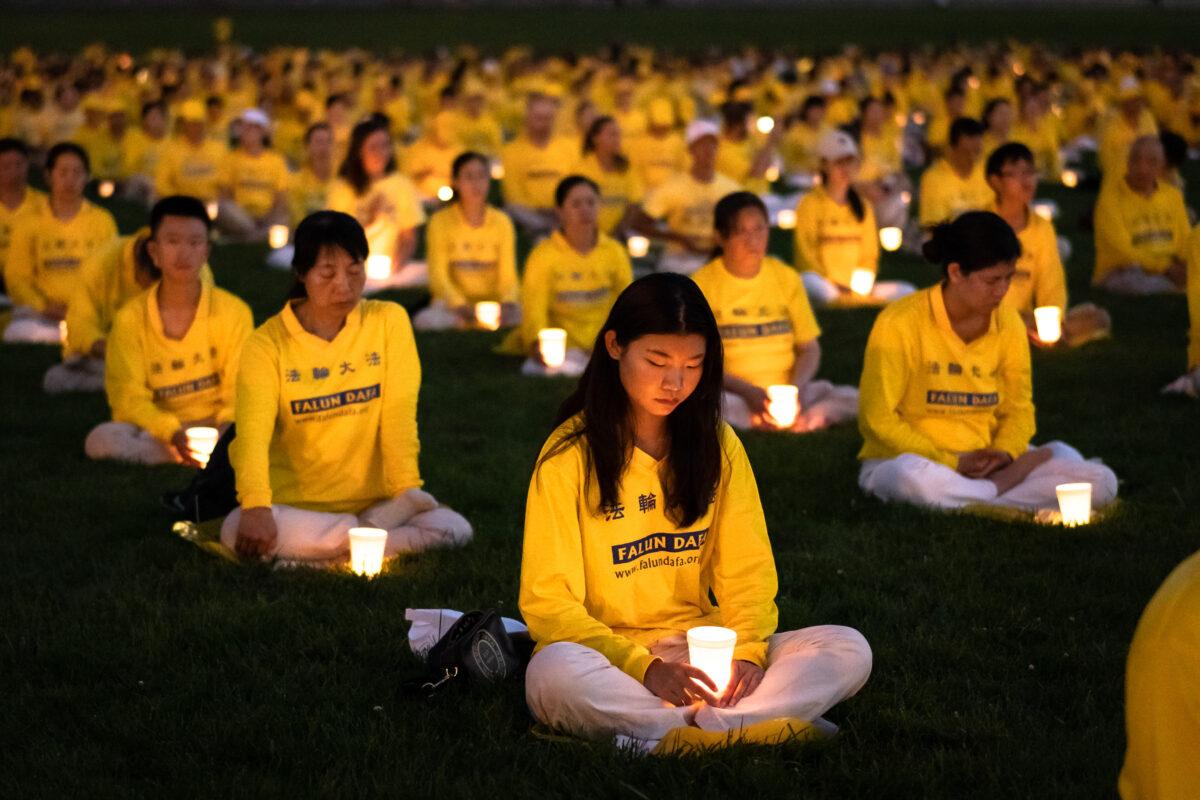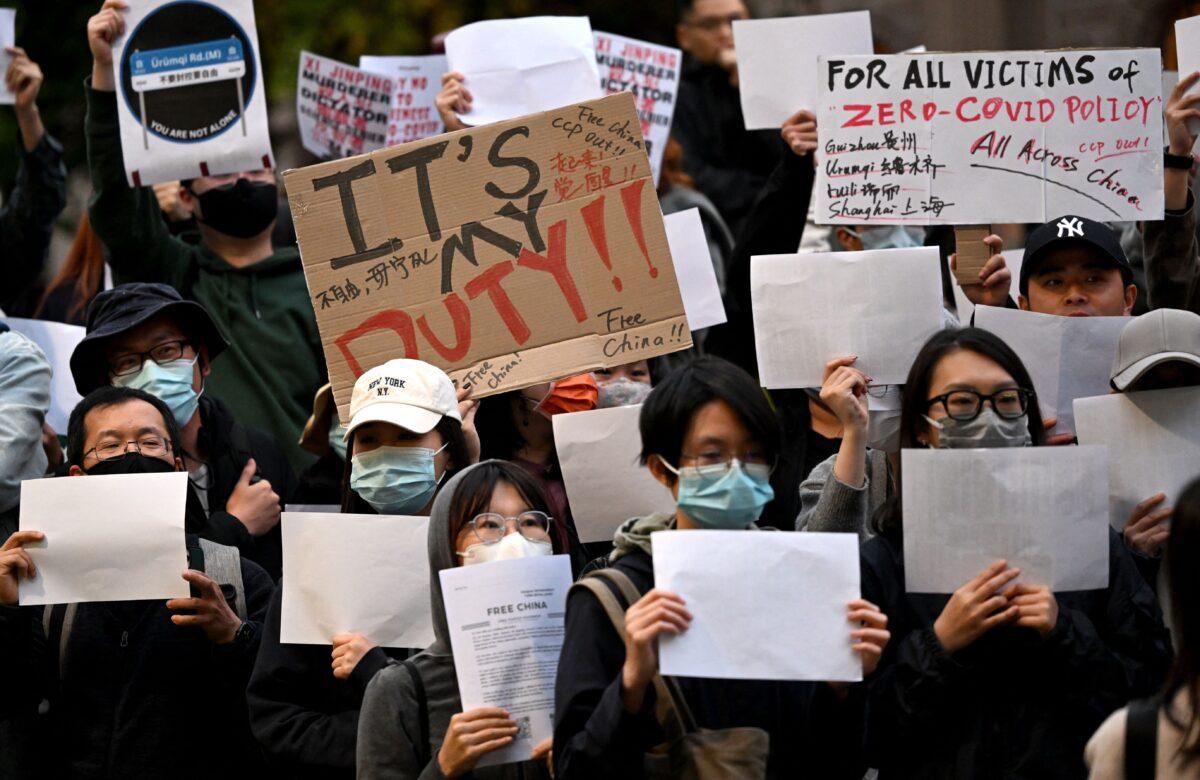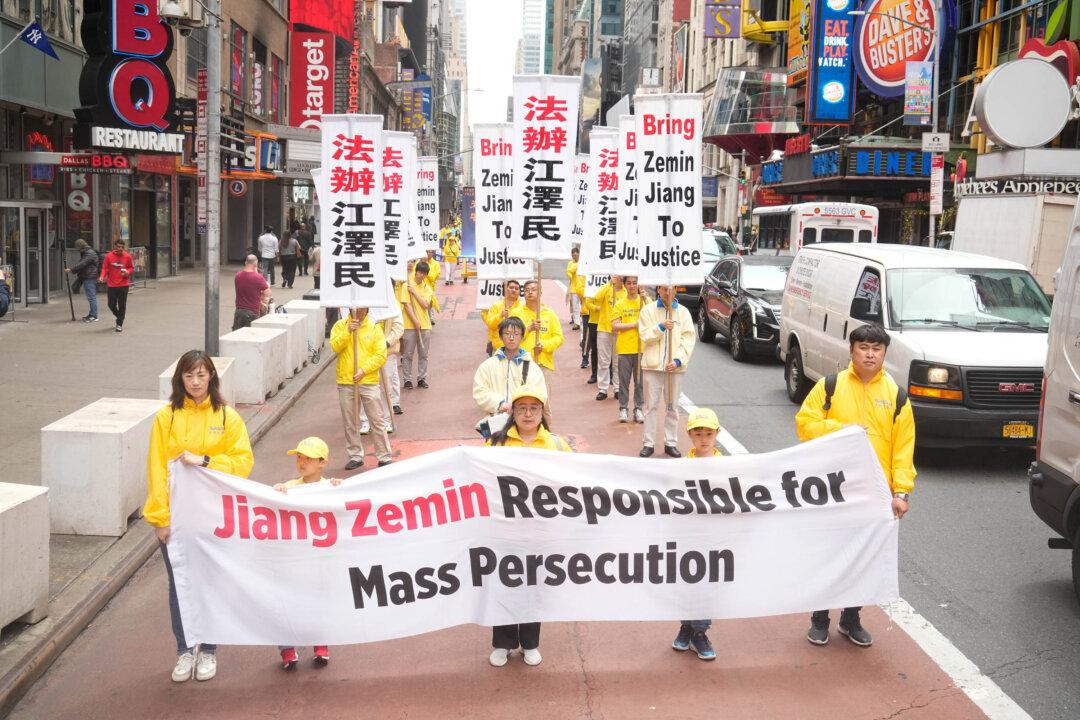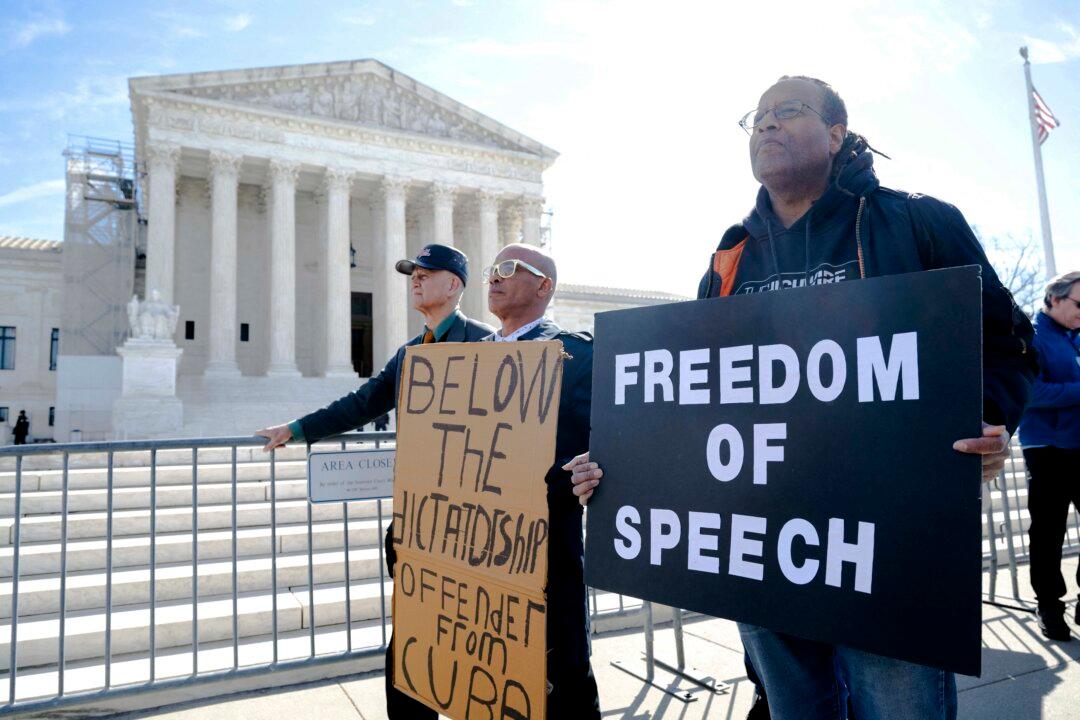Former Chinese Communist Party (CCP) leader Jiang Zemin died of leukemia, Chinese state media claims, amid historic protests in the country. Jiang was 96 when he died.
Jiang came to power in China after the CCP’s brutal response to the 1989 Tiananmen Square protests.

Following his rise to power, Jiang also started the nationwide persecution of the spiritual discipline, Falun Gong, also called Falun Dafa, labeling it a threat to the atheist communist party rule. Jiang established the 6-10 Office to carry out his persecution desires and authorized it to carry out specific tortures not previously seen in China.
Jiang’s Legacy
According to Zhang, two legacies attributable to Jiang have shaped China. The first is Jiang’s persecution of Falun Gong, and the second is the rise of systemic corruption in the CCP and China.Zhang detailed that before Jiang’s rise to power, adherents of Falun Gong, in adhering to the values of truthfulness, compassion, and tolerance, were reviving traditional elements of Chinese culture that had mostly been destroyed by the Party. But because the then-leader wanted to solidify his power and wipe out possible dissent, Jiang began persecuting citizens who held to those traditions.
Consequently, tradition, as a whole, was degraded, and society fractured. Zhang also said that Jiang promoted and rewarded with wealth the CCP officers who were the most corrupt and zealous in their pursuit of squashing dissent. As a result, “[Chinese] society’s been turned upside down in terms of moral values,” Zhang said. “It’s become very materialistic. This has been ongoing to this day.”
Zhang additionally noted that Jiang was responsible for building the Great Firewall of China, which blocks websites and filters content disapproved of by the Chinese government. It also works to prevent information from getting out of China, which was necessary for Jiang to realize his persecution of Falun Gong fully.

Further, Zhang said building the Great Firewall cost $800 million and started the government’s push to track its citizens and censor information. Moreover, while religious persecution began with Falun Gong, and thus unaffected citizens were hesitant to speak up, it’s since spread to include Christians, popular intellectuals, and human rights lawyers. It has ended with the COVID-19 lockdowns, which affect everyone.
Still, Zhang highlighted, while it was the center of persecution, Falun Gong didn’t go quietly into the night. He said a Falun Gong practitioner devised anti-censorship software and was able to send the links to millions of users in China.
China’s Escalating Protests
Unlike in the United States and elsewhere, where life has essentially returned to normal following the COVID-19 lockdowns, China has pursued its zero-COVID policy relentlessly.The policy rules include, but aren’t limited to, mass testing, lockdowns of businesses and schools when only a few cases of COVID-19 are found, shuttering of businesses unless they sell food, and forced isolation of citizens in homes or government facilities.
As part of forced isolation, the CCP locked, and in some cases, welded, citizens inside their homes. That practice proved deadly when a fire recently broke out in an apartment complex in China’s far-western Xinjiang region. According to Chinese officials, at least ten people died in the blaze when they couldn’t evacuate. Residents and rights groups say the COVID curbs prevented people from escaping and hampered rescue efforts, and that the death toll is much higher.

More importantly, that fire proved too much for Chinese citizens, and protests over the government’s handling of COVID-19 spiraled out of standard CCP control. Some protesters even publicly demanded that Chinese leader Xi Jinping and the CCP step down. Words, which in China, could result in detention and more.





